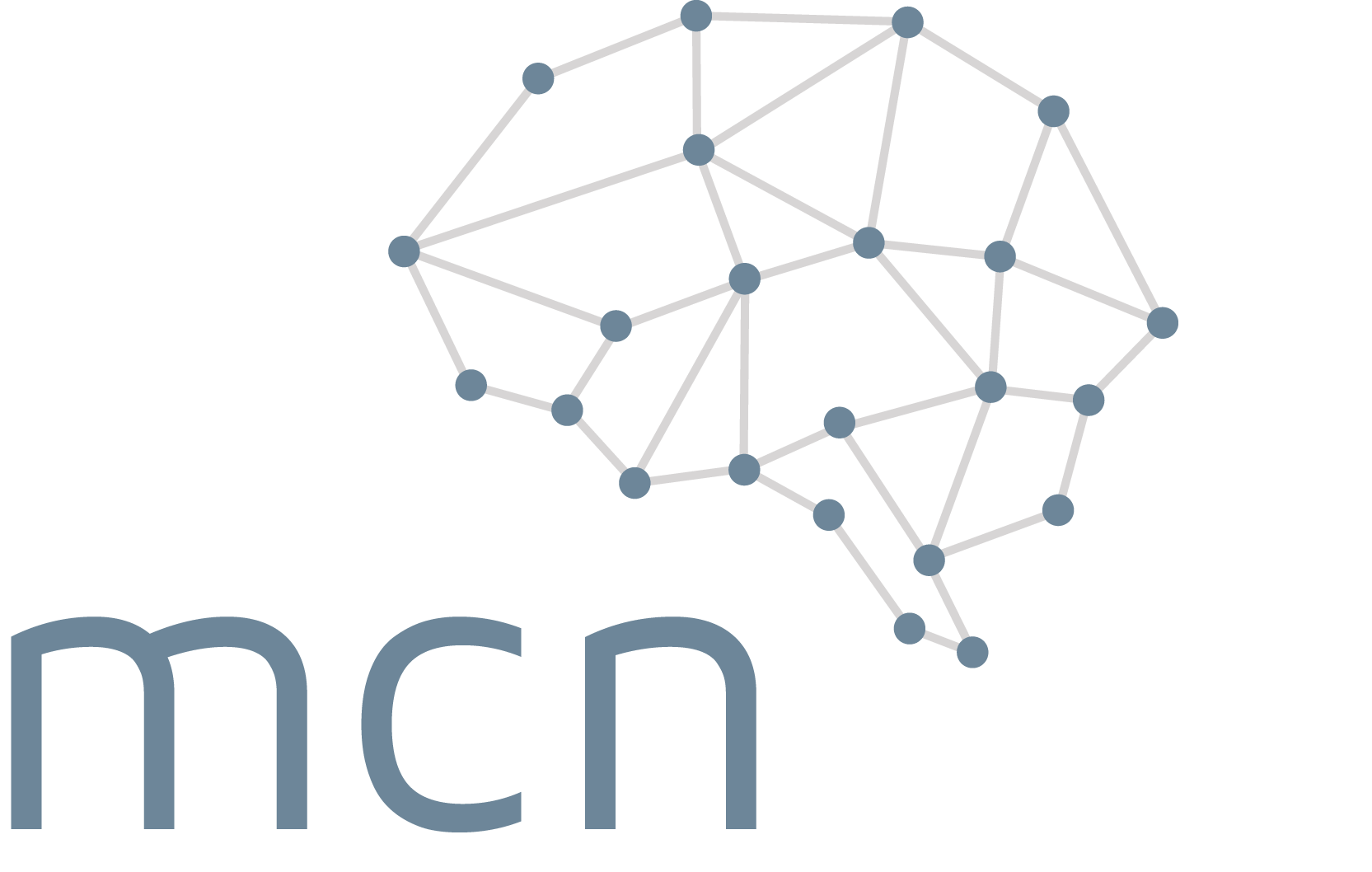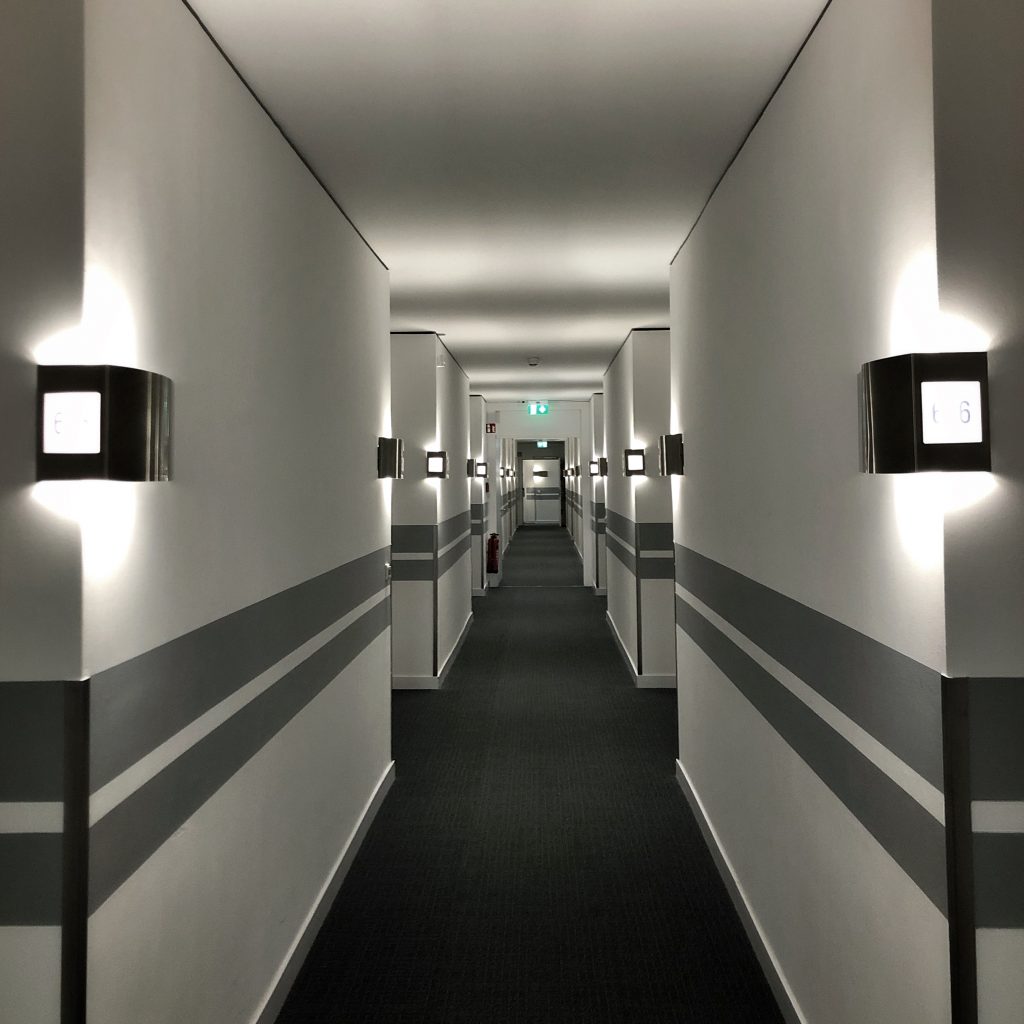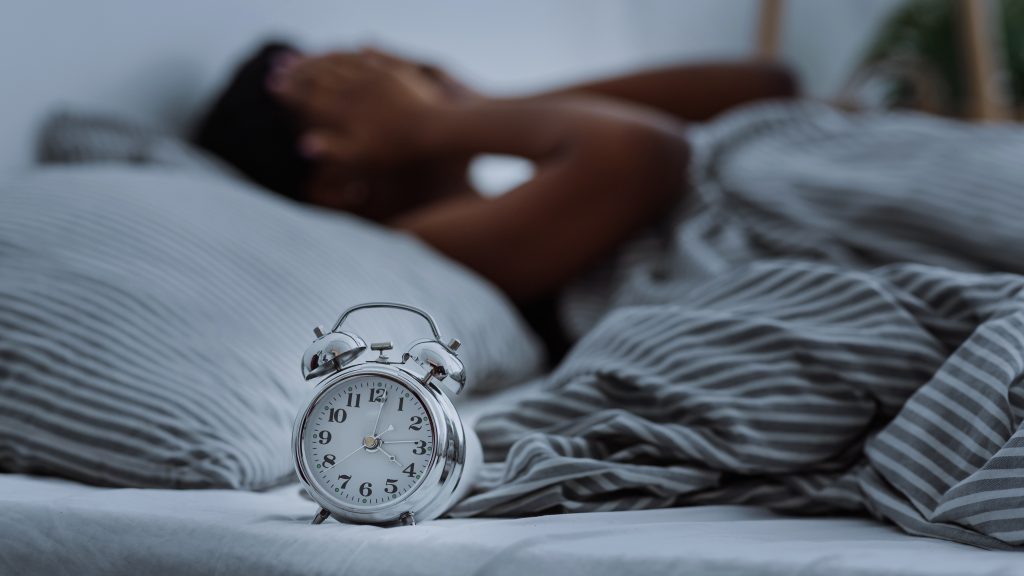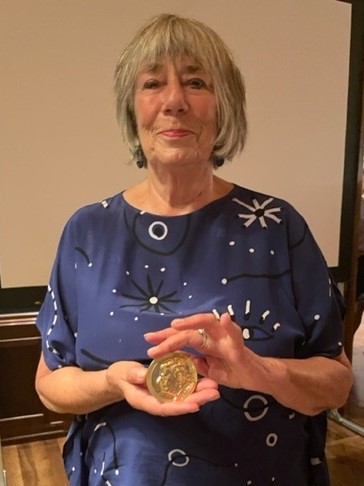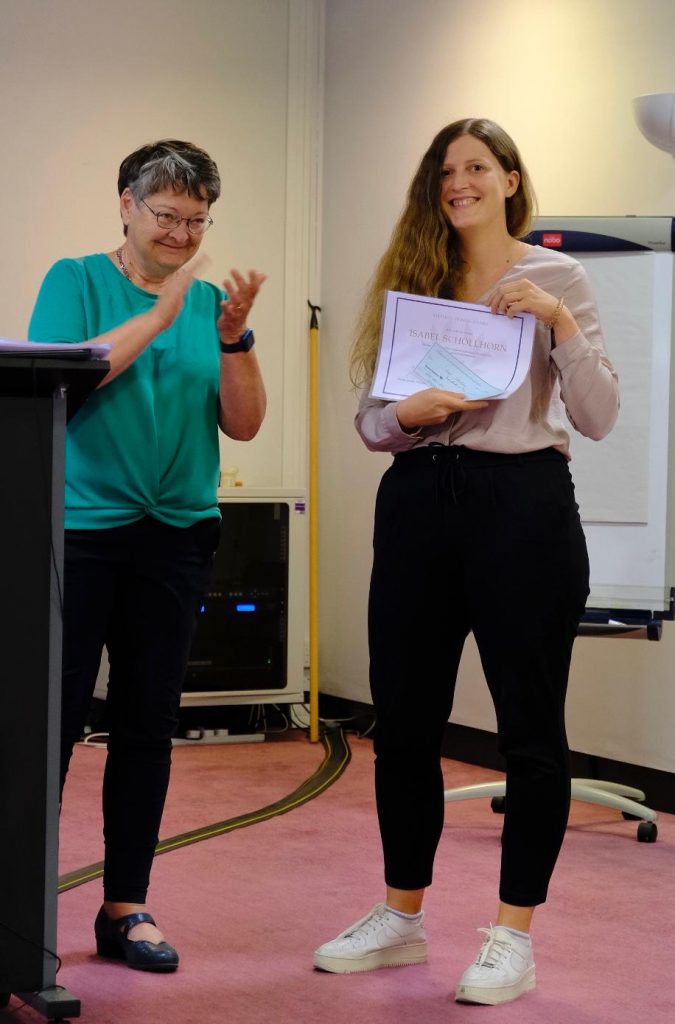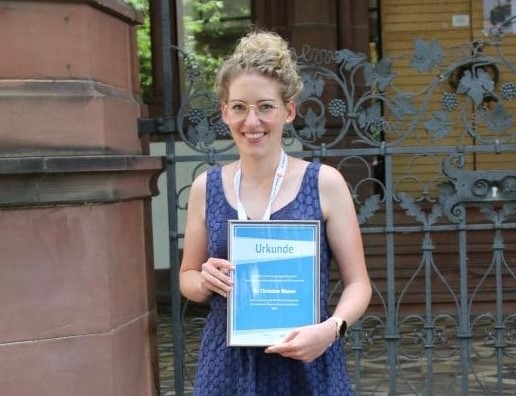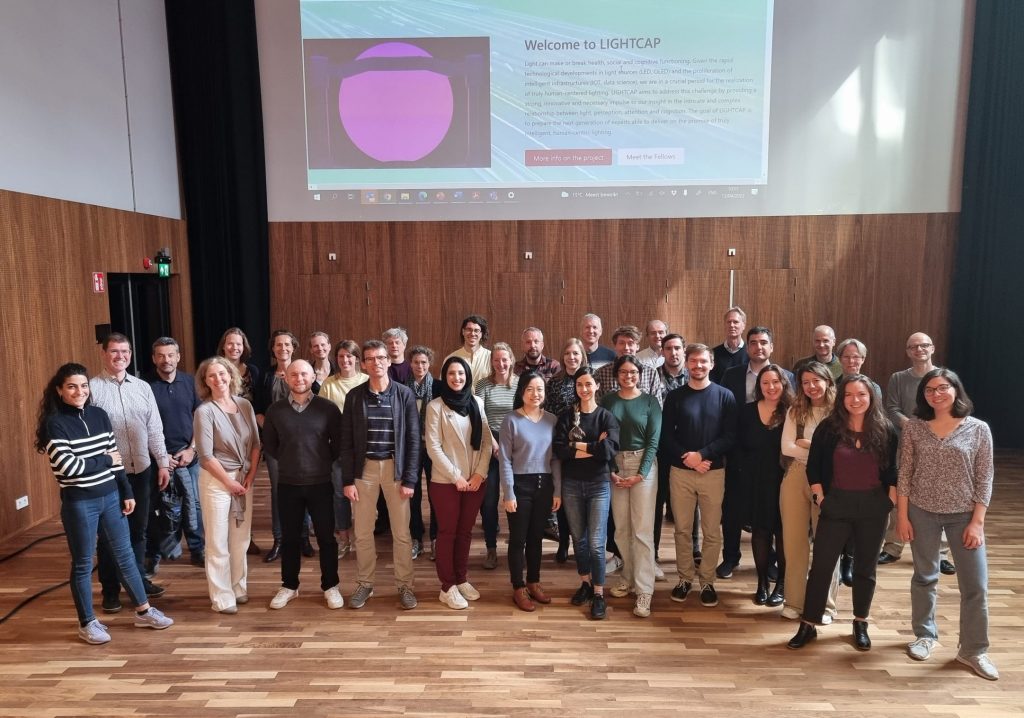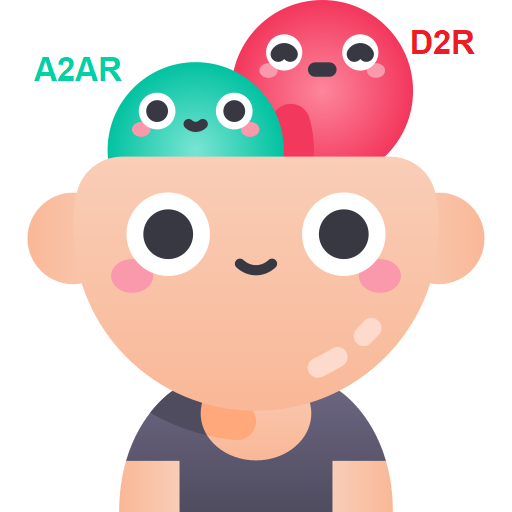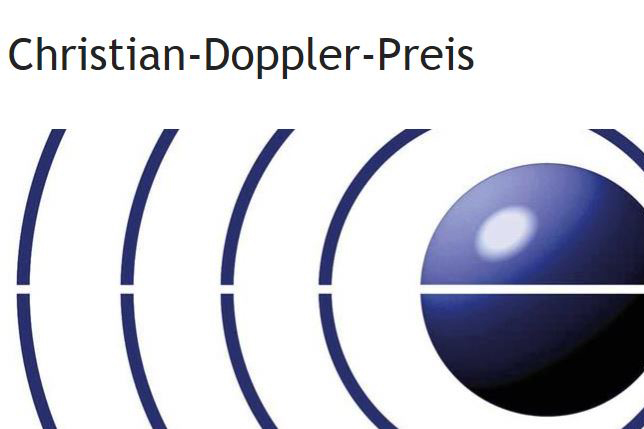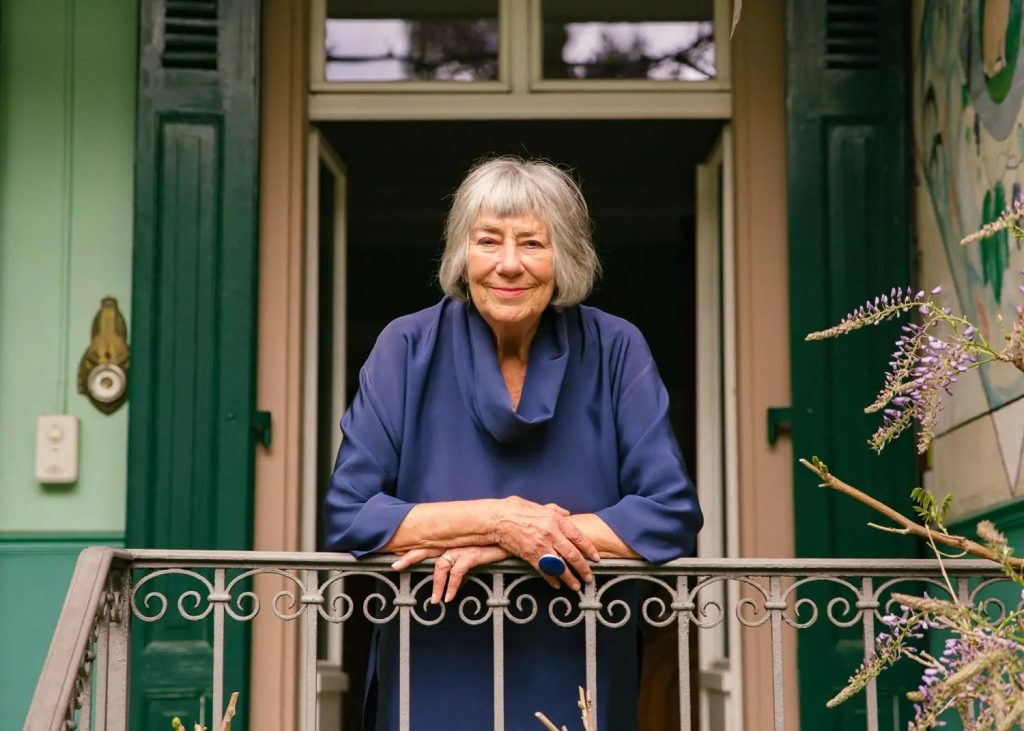
On May 16th 2022 Prof. emerita Anna Wirz-Justice won the prestigious The Daylight Award 2022 for her outstanding research on the effects of (day-)light on circadian rhythms and mood. We warmly gratulate our former Head of the Centre for Chronobiology to this major achievement!
If you want to see a short portrait of her click on this link
